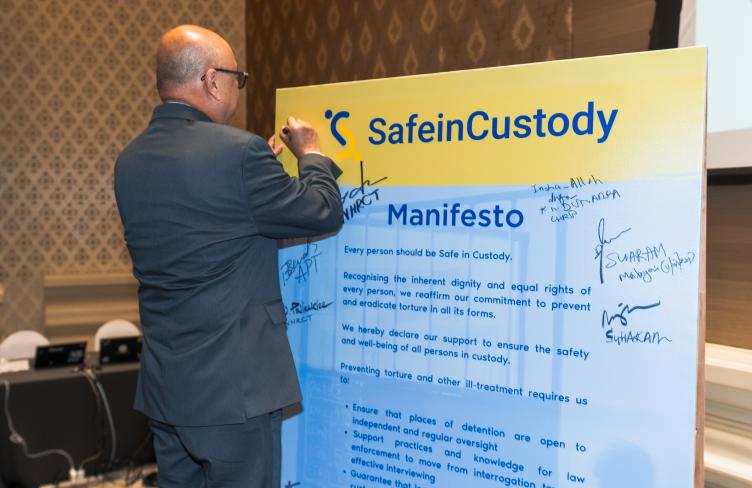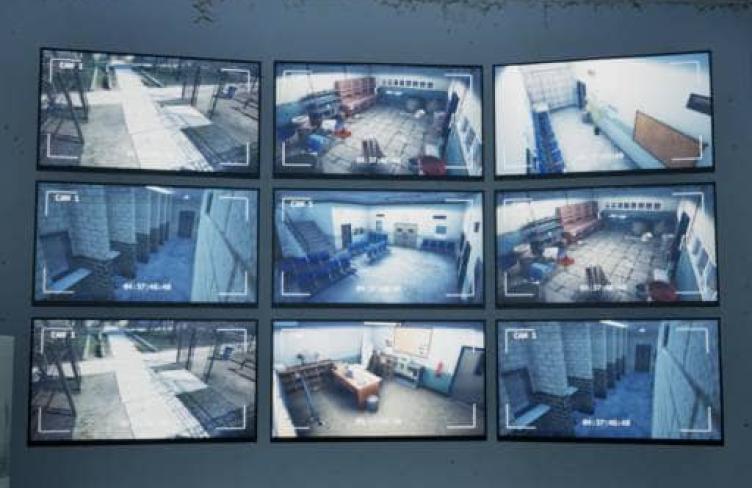The European Union is currently going through a defining process on its human rights policy, both within the EU as well as externally. Under examination are the EU’s actions against torture, namely through the ongoing revision of the EU guidelines on torture and the creation of human rights country strategies. "It is thus a timely occasion for the EU to show coherence in its commitment to prevent torture, not only outside the EU, but also within its own borders", said APT Secretary General Mark Thomson.
Abuses on individuals deprived of their liberty, including migrants, prison overcrowding, lack of implementation of basic safeguards such as access to a lawyer upon arrest, complacency with the use of forbidden interrogation methods are just some of the issues of concern for the APT within the European Union. Recommendations from the European Committee for the Prevention of Torture are sometimes ignored, in spite of the legal obligations for States to implement these. The upcoming European Parliament report on human rights in the EU, the ongoing process of consultation related to an EU Green Paper on detention, and the draft EU Directive on the right of access to a lawyer constitute important opportunities to take action on torture prevention within the EU.
"Eleven out of the twenty seven EU member states have not yet ratified the Optional Protocol to the UN Convention against Torture so far, even though they are obliged to take preventive measures and the risk of torture and other ill-treatment exists in all countries" said the APT Secretary General.
The strategic review of EU’s human rights policy, announced by Catherine Ashton to the European Parliament on 16 June 2010 provides a unique chance for the EU to reaffirm that it firmly stands against torture and other ill treatment. "The European Parliament expects this review to deliver an ambitious strategy for a new EU human rights policy that will actually reflect what the EU is capable of doing given the wealth of instruments it has at its disposal" said Heidi Hautala, former chair of the European Parliament’s Sub-Committee on Human Rights.
The Human Rights and Democracy Network (HRDN) of civil society organisations, which the APT is a part of, also expressed the need for appropriate consultation with civil society and policy coherence in the ongoing process of defining human rights country strategies for third countries. The HRDN also called on the EU to provide adequate financial resources to the protection and promotion of human rights, including the prevention of torture, through a strong European Instrument for Democracy and Human Rights (EIDHR).



